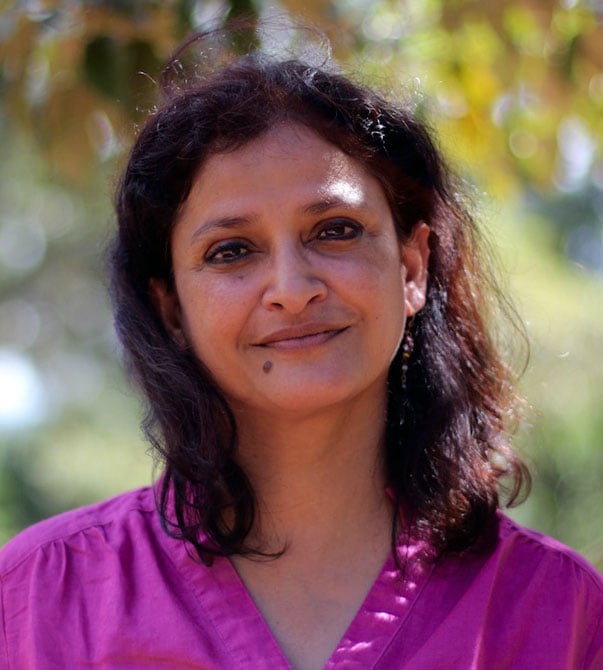Helping Communities Create Change Around the World

Dear Friend,
Today I want to share our two major victories in struggle for land rights.
Our work has exposed how land grabbing has devastated the lives and livelihoods of agro-pastoralist communities in Ethiopia. We have advocated against the large-scale agricultural plantations that took away essential grazing land, leading to starvation and threatening Indigenous culture and identity. We have challenged the government of Ethiopia and the World Bank to shift their focus from large-scale agriculture to policies and programs that respect and support the livelihoods of pastoralist and agro-pastoralist populations.
Your Gift Supports Indigenous Land Defenders
We Do Not Accept Corporate or Government Funding — We Rely on Individuals Like You
After years of advocacy and campaigning, we now cautiously welcome the news that both the Ethiopian government and international donors appear ready to make a change.
Recently, the Ethiopian government announced a new policy recognizing pastoralism as a viable livelihood. The new policy will be supported by a US$350 million new program from the World Bank — marking a major shift in approach. We, however, remain very cautious. In October, we received the horrific news that violence continues around sugarcane plantations in Lower Omo. Our urgent call for the Ethiopian Prime Minister to remove military personnel from the area and take immediate measures to protect and provide redress to the local population was picked up internationally as we continue to mount pressure for real change.
In Kachung, Uganda, villagers were forcibly evicted from their land when Green Resources, a Norwegian forestry company, established a pine tree plantation, supposedly to mitigate climate change and bring development. We exposed official documents, including actual eviction notices as evidence that people were forcibly evicted by the carbon trading project. Our work revealed how the governments of Norway, Sweden, and Finland, financiers of the project, turned a blind eye to its disastrous impact on the local communities.
One week after our exposé, the Swedish Energy Agency (SEA) delayed SEK 10 million in payments for carbon credits produced by Green Resources at its plantation in Kachung due to its concerns about the impact of the project on the locals. In addition, certifying agency, the Climate Community and Biodiversity Alliance (CCBA), took action and asked the company to make clear that they no longer endorse the project.
Standing together with local communities, we take on some of the most powerful institutions in the world, and win these fights.
Help Us Partner with Communities in Their Struggle for Land and Life!
Your tax-deductible donations are what allow us to do the work that we do. I hope you will give as generously as you are able to this year. We are counting on you.
With gratitude,


Anuradha Mittal
Executive Director
